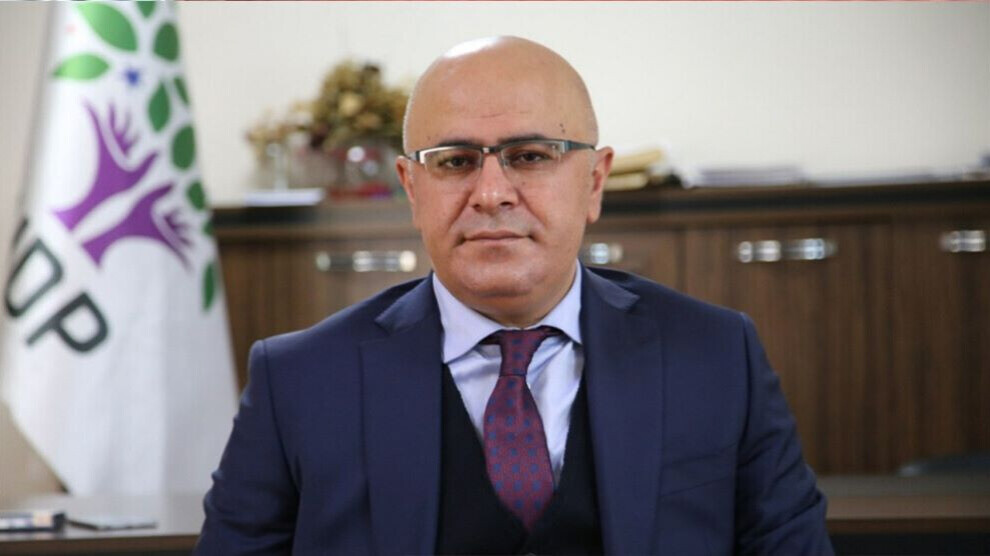Özsoy: Finland and Sweden now have their own "Kurdish problem"
Turkish President Erdoğan is trying to further militarize the Kurdish question and make it a NATO issue, said HDP deputy Hişyar Özsoy.
Turkish President Erdoğan is trying to further militarize the Kurdish question and make it a NATO issue, said HDP deputy Hişyar Özsoy.

HDP foreign policy spokesman Hişyar Özsoy said in an interview with Mezopotamya agency (MA) that Finland and Sweden now have their own "Kurdish problem" after signing the trilateral memorandum with Turkey at the NATO summit in Madrid on 28 June.
Turkish President Recep Tayyip Erdoğan has tried to further militarize the Kurdish issue and make it a NATO issue, Özsoy said.
The accession of Sweden and Finland into NATO will still be a long process, since all member states would have to vote in their own parliaments to approve the admission. The HDP deputy said that Turkey could still demand further concessions before the process is complete.
Commenting on the memorandum, Özsoy stated that Sweden and Finland had confirmed that they regard the PKK as a terrorist organization. “The EU countries have the PKK on the list of terrorist organisations anyway, so this is nothing new. Sweden and Finland also say that they will no longer support the YPG and PYD. They didn't say, however, they are terrorist organizations. Turkey was unable to enforce this demand. If they want, they can provide support through civil structures, aid organizations, councils, the Autonomous Administration or the Syrian Democratic Forces (SDF). At best, they will no longer openly invite very well-known personalities like Ilham Ehmed,” said the HDP deputy.
There was also no clear commitment in the memorandum regarding the extradition of opposition figures demanded by Turkey. “Turkey may not, but Sweden has a separation of powers. The government cannot simply tell a court to extradite this person or that person. The courts there cannot work under government orders. For example, if two members of the Swedish government tried to extradite Ragıp Zarakolu, the government would fall. It would have serious repercussions, it's not that simple."
Özsoy pointed out that several people for whom Turkey is seeking extradition have completed their asylum procedures and are now fully naturalized Swedish nationals. Their extradition is no longer possible.
Turkey has argued that the two countries' anti-terror laws were too loose and that they had effectively become safe havens for "terrorists". Sweden has a small but vibrant Kurdish community of around 100,000 people, a significant proportion of whom are politically persecuted. Several Swedish citizens of Kurdish origin are active in politics at various levels.